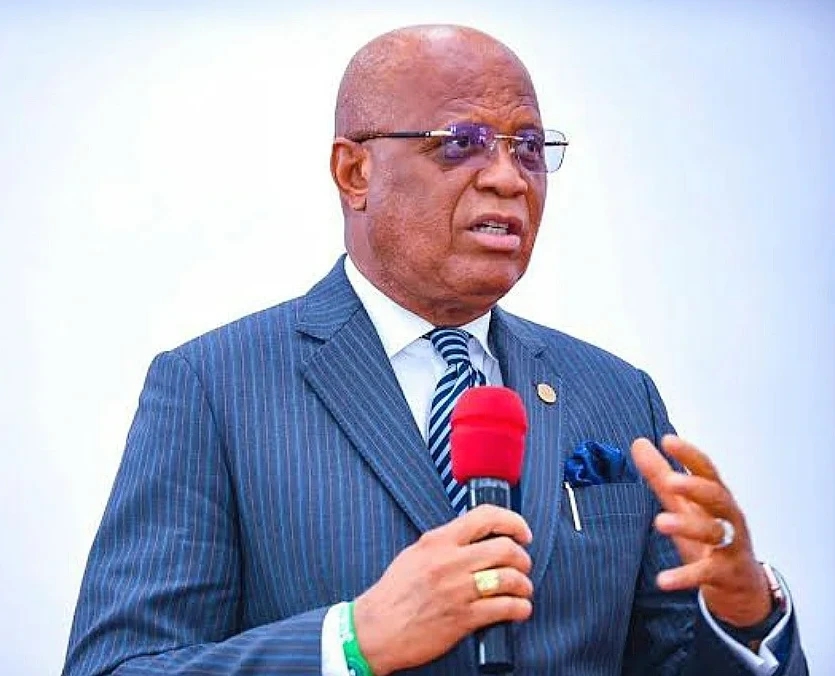
The Executive Governor of Akwa Ibom State, Umo Eno has officially announced his defection from the Peoples Democratic Party (PDP) to the All Progressives Congress (APC).
Governor Eno reportedly announced his defection on Friday while briefing journalists and other political stakeholders at the Government House in Uyo, the state capital.
He explained that the decision followed three months of extensive consultations with political leaders and key stakeholders across the state.
While thanking the PDP for its support during his time in office, Governor Eno noted that the move was in the interest of the good people of Akwa Ibom state.
“I have completed a wide consultation as your elected servant, and I have decided to progressively move to the APC,” he said.
Eno expressed admiration for President Bola Tinubu and the desire to align the state with the federal government to ensure continued access to development opportunities.
He assured of his unwavering commitment to serving the people and the state irrespective of political affiliation.






